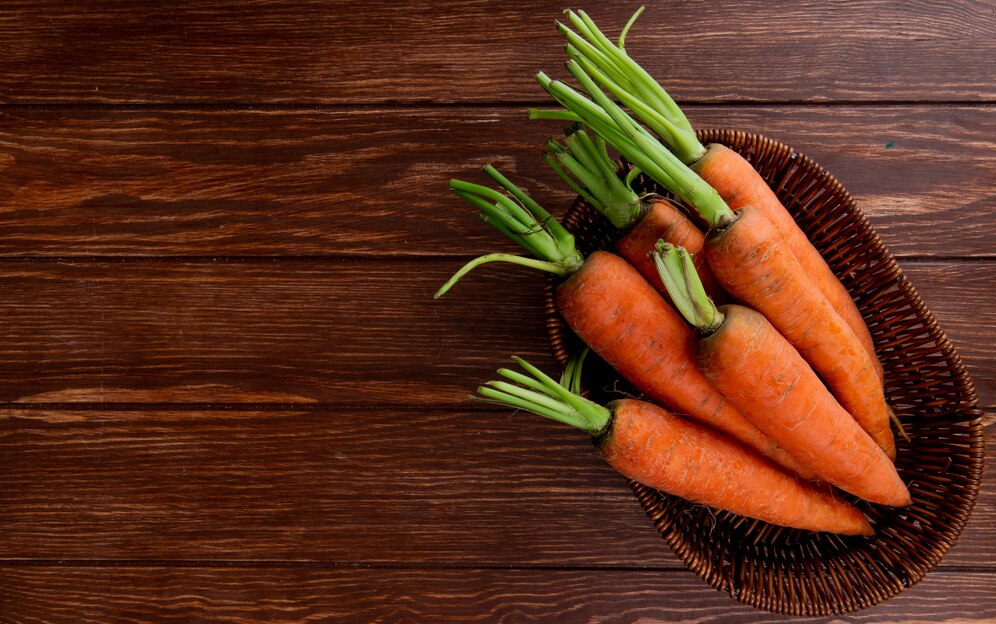Bones help in maintaining the structure of our body. Apart from helping in walking, healthy and strong bones are considered necessary to protect delicate organs like the brain, and heart from injury. Bones are mainly made up of two materials collagen and calcium. Health experts say, that until a few decades ago, bone problems were known to be a problem with aging, but now even young people are becoming victims of related disorders.

Due to our lifestyle and many unhealthy dietary habits, people are at an increasing risk of bone-related problems at an early age. Researchers say, that to make bones strong, you must keep consuming calcium-rich things. But do you know that just consuming calcium is not enough to keep bones healthy?
Let us know which things are necessary to be consumed along with calcium to strengthen the bones.
Vitamin D is necessary along with calcium
Researchers say calcium is a very important nutrient for keeping bones healthy, but it alone is not enough for you. Along with calcium, vitamin D is also considered very important for bones. If you are deficient in Vitamin D, this condition can hinder the absorption of calcium in the body. This is why for optimal absorption of calcium, make sure you get enough Vitamin D as well.

Vitamin D reduces bone loss
Vitamin D helps reduce bone loss as well as reduce the risk of fractures. Bone diseases like osteoporosis can be prevented by ensuring the intake of calcium as well as vitamin-D-rich foods. Health experts say it is very important to ensure the intake of Vitamin D through diet. Mushrooms, eggs, milk, and fatty fish can easily meet the requirements of this vitamin for the body.
Protein intake is also necessary
Proteins called the building blocks, give structure to cells and are essential for chemical reactions throughout the body, building skin, muscles, and bones. In case of low protein levels in the body, problems related to bones also start increasing. To meet the body's needs, we should increase our intake of healthy sources of protein such as dairy products, fish, chicken, legumes, whole grains, nuts, and vegetables.
 (PC: Freepik)
(PC: Freepik)










